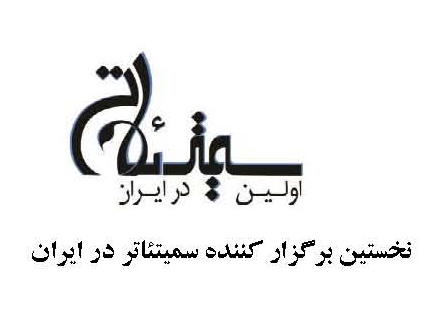کسب و کار کشاورزی در ایران- سه ماهه دوم 2016
BMI Industry View
BMI View: The removal of almost all sanctions on Iran's economy in January will herald a new era for the country. In terms of agriculture, the return of economic growth will have the most rapid and direct impact on consumption. Production and investment in the supply chain will also benefit, but over the longer term.
Therefore, production expansion will be slower than consumption growth in the coming years and Iran will remain a large and growing importer of key commodities. The lifting of sanctions will also lead to a normalisation of trade flows, which will encompass a rise in imports and the re-diversification of suppliers.
Agribusiness Market Value
BMI Market Value By Commodity (2012-2020)

Key Forecasts
■ Wheat production growth to 2019/20: 17.0% to 15.4mn tonnes. Wheat yields are expected to improve owing to the modernisation of technology, including hardier grains variants, greater access to relevant inputs and a larger area of the country benefiting from new irrigation facilities.
■ Sugar consumption growth to 2020: 27.6% to 3.1mn tonnes. Sugar demand will be mainly driven by population growth and the improved macroeconomic conditions following the lifting of sanctions from 2016.
■ Poultry production growth to 2019/20: 15.2% to 957,000 tonnes. Growth will be driven by domestic demand and the effects of increased investment.
• BMI universe agribusiness market value: USD69.1bn in 2016 (up 6.1% compared with 2015, growth forecast to average 3.6% annually between 2016 and 2020).
■ 2016 real GDP growth: 2.8% (up from 0.4% expected in 2015; predicted to average 4.0% from 2016 to 2020).
■ 2016 consumer price inflation: 11.0% y-o-y (up from 15.0% in 2015; predicted to average 9.4% y-o-y from 2016 to 2020).

Key Developments
The immediate removal of almost all sanctions on Iran's economy in January will herald a new era for the country and see a significant uptick in economic growth. Crucially, Iran will be reintegrated into international financial transaction systems and benefit from improved access to funding. The country will also see a gradual return of private investment.
Iran has huge potential across almost all sectors, and agricultural consumption and production is no exception. Therefore, we believe the lifting of the sanctions will have a significant impact on the industry: Over the next two-to-three years, the pickup in economic growth, easing of inflation and easier access to international products will lead to acceleration in food consumption. It will have a rapid positive impact on consumer confidence and on purchasing power. Iran's consumer base is attractive, characterised by a scalable and young population, high urbanisation, strong taste for Western products and widespread access to financial services. Agricultural and food products consumption per capita is also low by regional standards, suggesting room to grow, especially regarding sugar, corn, meat and vegetable oils, including palm oil.
Combined with the reintegration of Iran into the global financial transaction system, the rapid growth in food consumption will lead to a significant pickup in agricultural imports in the coming years. This will be coupled with a re-diversification in terms of international food suppliers. Iran has become increasingly reliant on Indian exports over recent years - for both food and non-food products. Now that Iran is able to trade with a larger number of countries, it will most likely look to import from a larger set of suppliers, turning to traditional exporters. Regarding wheat, Iran will most likely increase imports from Russia given the two countries' good diplomatic relationship. For rice, Iran will most likely increase imports from Thailand and Pakistan, its main suppliers before the implementation of sanctions. Brazil will regain market share for corn, sugar and oilseeds at the expense of India. A few countries will also continue to operate as middlemen, especially the UAE, which repackages and re-exports other countries' agricultural produce to Iran.

Iran's grain production in general is likely to benefit from easier access to cheaper and quality inputs, which will help yields improve. However, such an improvement will see results in the longer term and depends on the country doing some key modernisation investment, particularly in irrigation, as Iran relies heavily on the vagaries of the weather. As such, we deem the government's goal to become self-sufficient in wheat as early as next year as overly ambitious.

